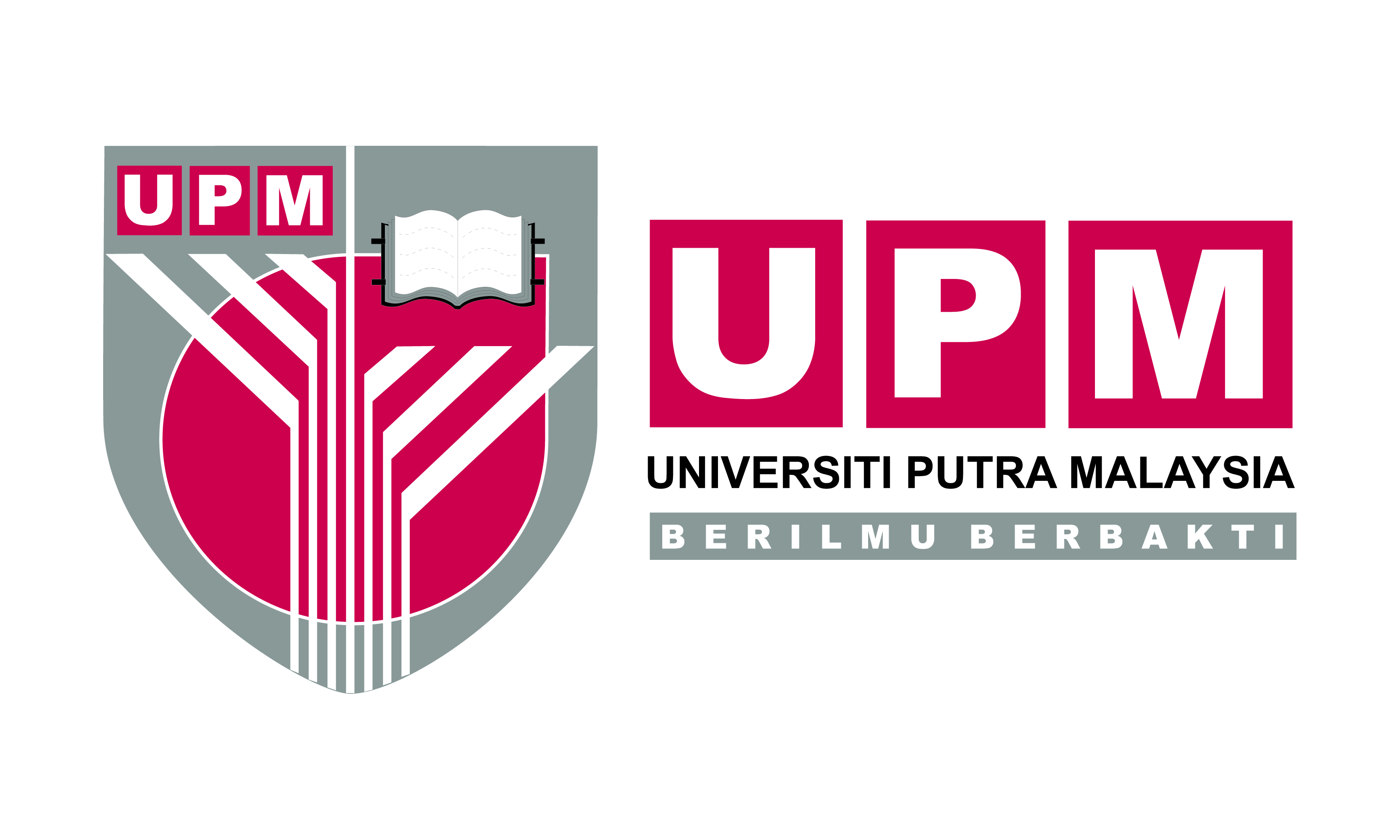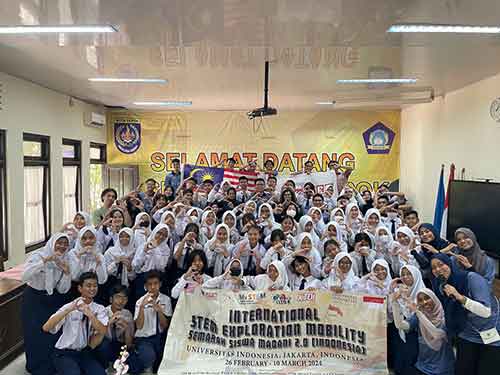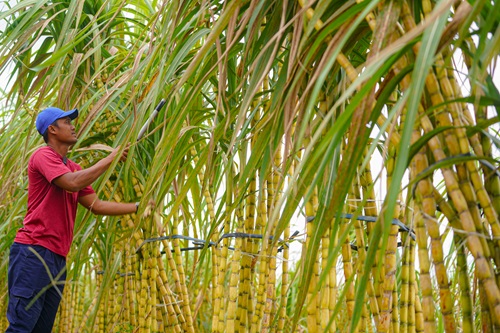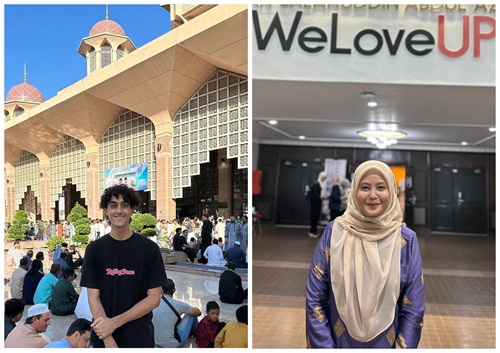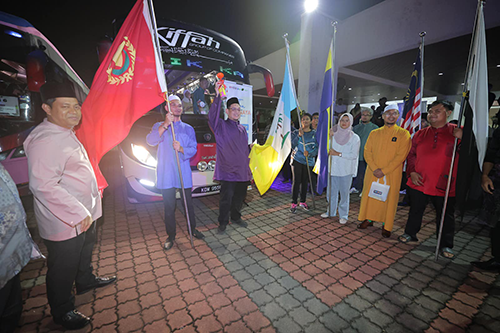By: Nur Syamila Kamarul Arefin

SERDANG, May 20- In Slovenia, beekeeping is a way of life for people there in which one out of every 200 works as a beekeeper or tends to bee colonies.
"If bees live healthily in this city, then that is proof that this city is a city with a healthy environment", said Peter Kozmus, President of the beekeeping programme at the Slovenian Beekeeper’s Association with 8,000 active members.
Peter Kozmus led the initiative himself to the United Nations (UN) to make May 20 an official date for World Bee Day. His statement was substantiated by various scientific studies proving that bees are a very important bio-indicators because this animal species is susceptible to pollution and disturbance in a healthy environment.
The uniqueness of the beehive
The beehive is unique and made up of honeycombs. The honeycombs are built by the bees through the production of wax from special glands found on the limbs of worker bees. Bee honeycombs are amazing architectural productions. All the hexagonal cells are made of the same size with the exact measurements.
To fully use the space, bees choose to build their honeycombs in hexagonal (6 parallel sides) cells. The shape resulted in studying the polygon of six angles and six vertices. The internal angle for a regular hexagon (where all sides and angles are equal) is 120°, and the hexagon equals 720 degrees.
Sustainability of beekeeping
However, according to a senior lecturer, Dr. Norhasnida Zawawi, from the Faculty of Food Science and Technology (FSTM), Universiti Putra Malaysia (UPM), the level of awareness among Malaysians on sustainable beekeeping in producing bee honey is still low. There are still many trees in the forest area that are being cut down to get beehives for breeding.
“This is because of the Malaysia's geography as a tropical country that is naturally conducive for beekeeping, especially bees from the kelulut species (stingless bees), should not be wasted.
“In general, there are many benefits in terms of improving the economy of the people and the country through a clean environment, increased crop yields and livestock as well as better health standards of the people that can be obtained with better planning and management regardless of political understanding, race or other differences between all parties involved," she said.
She added that if done correctly, it is not impossible for Malaysia to lead the world in this effort and be a guide for other countries in the future. In addition, the excessive use of pesticides in agricultural activities is still prevalent, affecting bee breeding and honey production in the bee industry.
A senior lecturer from the Department of Plant Protection, Faculty of Agriculture, UPM, Dr. Syari Jamian, said that by increasing beekeeping, the number of trees planted is increasing, agricultural yields are increasing, and the air quality is also becoming cleaner.
“The potential of harvesting honey from bees, especially honey from the kelulut bee species (meliponine) is enormous in Malaysia as we have the potential to produce and maintain bees commercially because the country has sufficient food or sweets for bees.
"The world knows bees are important agents for pollinating plants, and preservation and conservation of bee ecosystems are very important to balance the environment. Without bees, crops cannot produce the fruits that we enjoy today,” he added.
Thus, in 2019, the Ministry of Agriculture and Agro-based Industry in Malaysia launched the National Kelulut Honey Industry Development Plan 2020-2030.
In conclusion, various efforts must be made by all parties involved in preserving beekeeping and making honey as sustainable food. - UPM
